Physikerin des Monats
Das Projekt „Physikerin des Monats“ ist ein Interviewformat zur Sichtbarmachung von Frauen in der Physik und zur Werbung für das Physikstudium an der Bergischen Universität Wuppertal (BUW). Physikerinnen der BUW werden porträtiert und sie stellen ihre Position sowie ihre Motivation und Zukunftsperspektiven vor. Dabei ist es egal, ob es sich um Studentinnen, Mitarbeiterinnen oder Professorinnen handelt.
Uni-Gleichstellungspreis für „Physikerin des Monats“
Von Abschieden und Neuanfängen
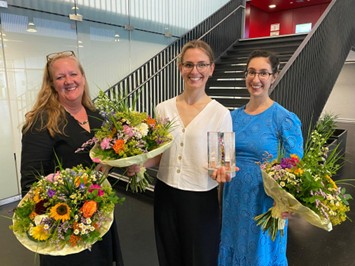
Das ,,Physikerin des Monats''-Team: Isabella Kappner, Lena Tarrach und Melike Karasu Konerding (v.l.n.r) (Foto: Jule Lorleberg/BUW).
Das Projekt „Physikerin des Monats“ geht vom ursprünglichen Interviewformat in eine neue Phase über. In Mitten von Abschieden und Neuanfängen möchten wir daher die Anfänge sowie bisherigen Meilensteine Revue passieren lassen und einen Blick in die Zukunft des Projektes werfen.
Angefangen hat alles auf der Deutschen Physikerinnentagung im September 2022, als Melike den Stand zur Initiative „Physikerin der Woche” entdeckt hat. Diese ist im Arbeitskreis für Chancengleichheit (AKC) der Deutschen Physikalischen Gesellschaft (DPG) angesiedelt. Ein Projekt, das Frauen in der Physik sichtbar macht, und junge Menschen, insbesondere Frauen, ermutigt, Physik zu studieren.
Diese Inspiration hat Melike an die BUW mitgenommen und Isabella sowie ihre Studienkollegin Lena mit ins Boot geholt. Schnell war klar, dass das Projekt nicht einfach kopiert oder auf der Webseite gespiegelt werden, sondern persönlicher gestaltet sein soll. Ein Format eigens für die BUW – das Interviewformat „Physikerin des Monats“ war geboren. Lena übernahm die hauptamtliche Arbeit der Teilnehmerinnengewinnung und Interviewführung, Melike unterstützte kreativ für Social Media, und Isabella stand immer beratend und koordinierend zur Seite. So konnte im Mai 2023 das erste Interview veröffentlicht werden.
Seitdem wurden insgesamt 28 Physikerinnen der BUW - von Studentin bis Professorin - im Rahmen des Projekts porträtiert. Jeden Monat erschien ein Interview auf der Webseite, das von einem Beitrag auf Instagram begleitet wurde. Im Verlauf des Projektes wurde auch LinkedIn als Plattform genutzt. Währenddessen hat das Projekt zusätzliche Aufmerksamkeit durch Beiträge in der Campus-Zeitung „blickfeld“ und im Newsportal der BUW erlangt. Das Highlight folgte jedoch noch: „Physikerin des Monats“ erhielt die Auszeichnung der BUW für Gleichstellungsarbeit – den Gleichstellungspreis 2024.
Da Projekte allerdings dann aufhören sollten, wenn sie am Schönsten sind, zieht auch „Physikerin des Monats“ weiter. In Planung ist eine Roll-Up-Ausstellung, die Elemente der Interviews aufgreifen wird. Parallel dazu werden die Interviews für eine Buchveröffentlichung aufbereitet. Um die Ressourcen besser einsetzen zu können, wird das beliebte Interviewformat für die weiteren Vorhaben beendet. Das Archiv mit den Interviews auf der Webseite bleibt natürlich bestehen, sodass ihr weiterhin stöbern, diese teilen und euch inspirieren lassen könnt. Bleibt also gespannt und seid neugierig auf das was noch kommen wird!
Abschließend noch ein paar Worte der Wertschätzung: Unser größter Dank gilt allen Physikerinnen des Monats, die das Format durch das Teilen ihrer persönlichen Geschichten erst möglich gemacht haben. Wir danken euch ganz herzlich für euer Vertrauen! Außerdem wollen wir uns bei allen bedanken, die die Interviews gelesen, geteilt oder von ihnen erzählt haben. Auch ihr habt zum Erfolg des Formates beigetragen.
Und nun verabschieden wir uns erst mal für einige Zeit. Neuigkeiten erfahrt ihr wie immer über diese Seite, die Startseite der Physik oder über Instagram und LinkedIn!
Macht es gut und bis bald!
Euer „Physikerin des Monats“-Team,
Isabella, Melike und Lena
Ehemalige Physikerinnen des Monats
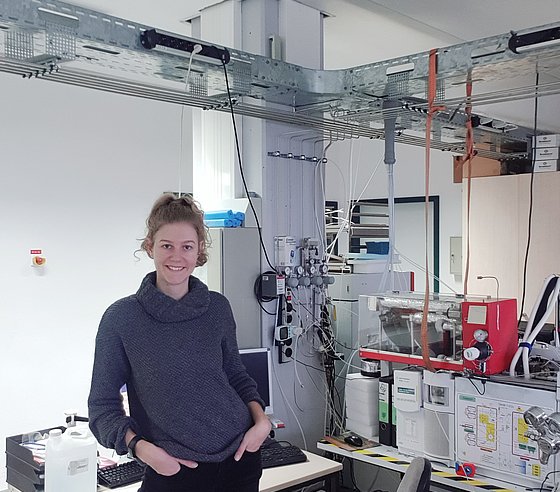
Physikerin des Monats - Mai 2023: Sarah Kirchhoff (Bild: Sarah Kirchhoff/BUW)
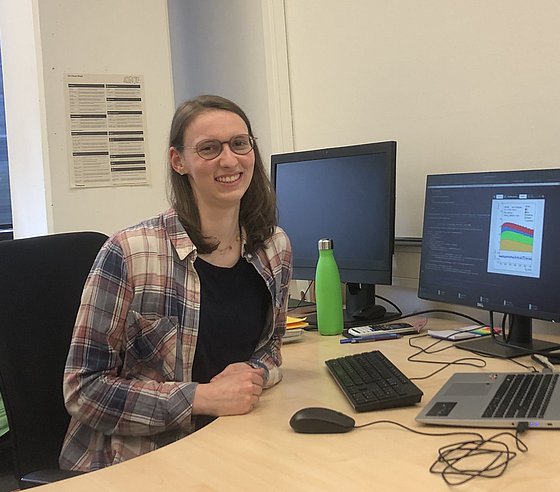
Physikerin des Monats - Juni 2023: Anna Vorländer (Bild: Johanna Kraus/BUW)
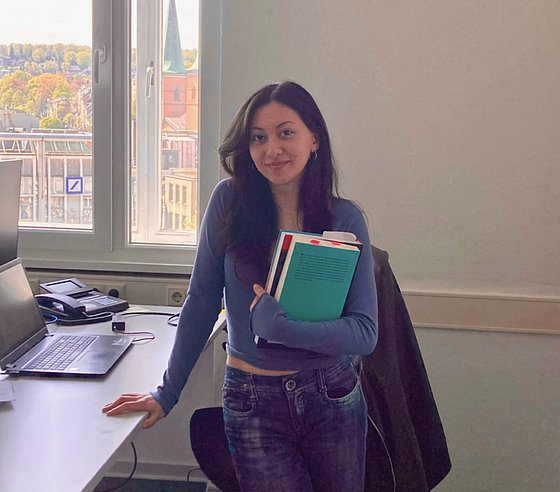
Physikerin des Monats - Juli 2023: Minori Nohara (Bild: Verena Senger)
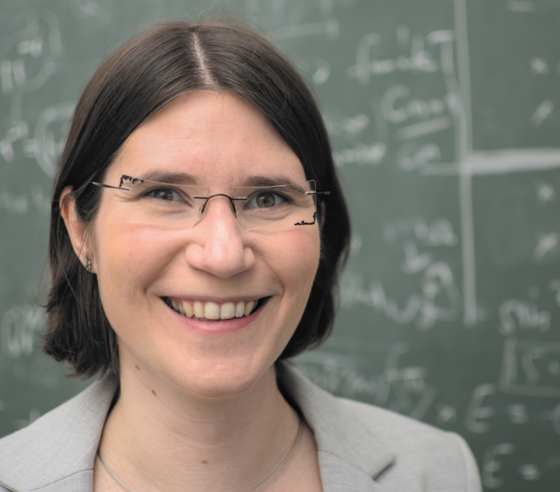
Physikerin des Monats - August 2023: Jana Günther (Bild: Lukas Varnhorst/BUW)
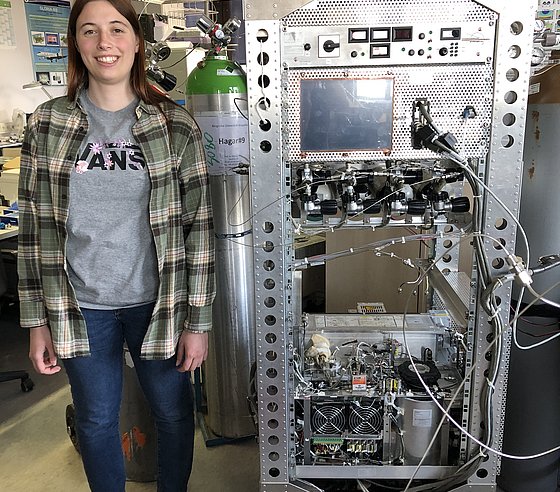
Physikerin des Monats - September 2023: Ronja van Luijt (Bild: Melanie Joan Weitz/BUW)
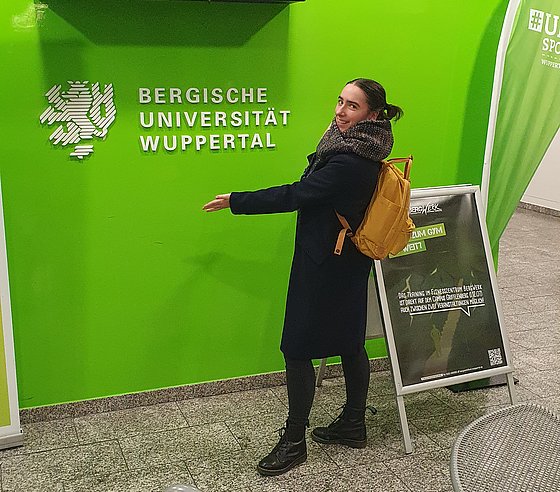
Physikerin des Monats - Oktober 2023: Chloé Gaudu (Bild: Alexander Sandrock/BUW)
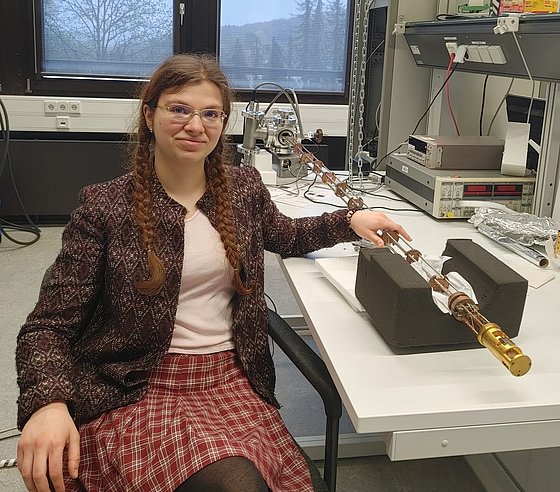
Physikerin des Monats - November 2023: Julia Besproswanny (Bild:Franz Eckelt/BUW)
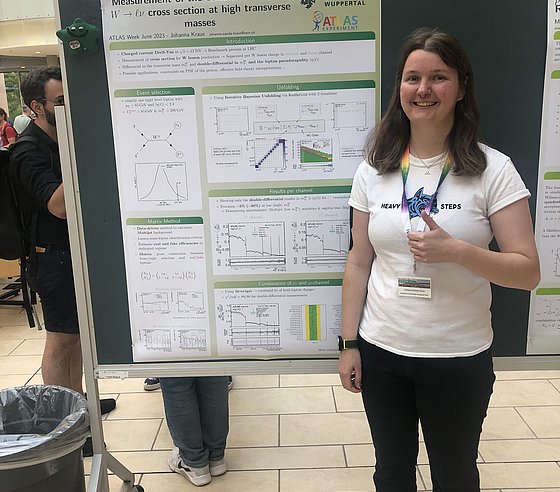
Physikerin des Monats - Dezember 2023: Johanna Kraus (Bild: Maren Stratmann/BUW)
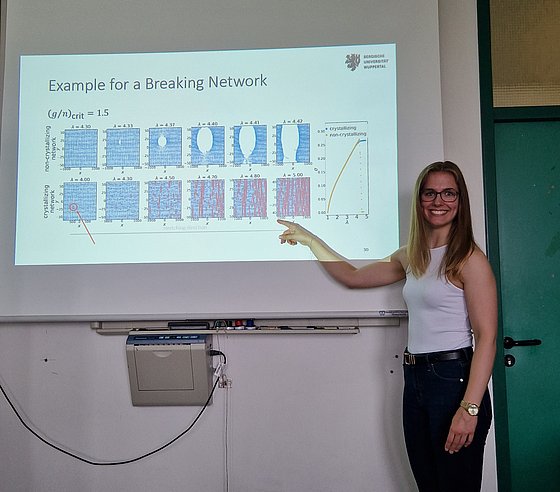
Physikerin des Monats - Januar 2024: Lena Tarrach (Bild: Frederic Braun/BUW)
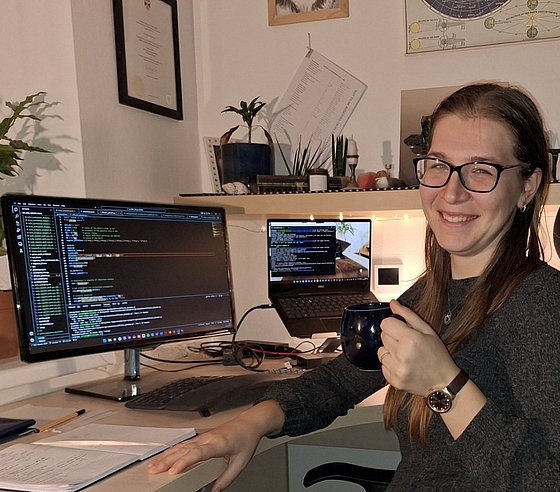
Physikerin des Monats - Februar 2024: Veronika Vašíčková (Bild: Radim Vašíček)
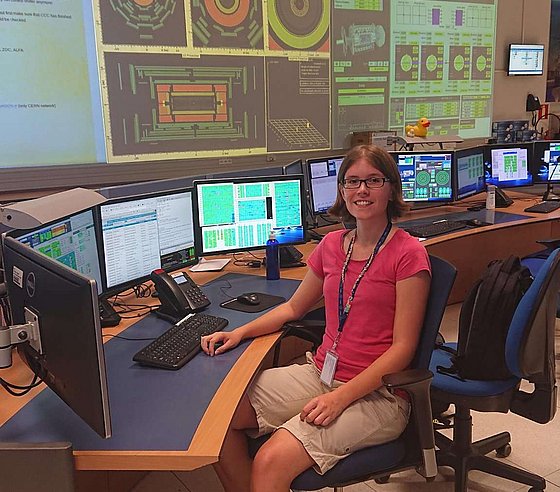
Physikerin des Monats - März 2024: Maren Stratmann (Bild: Prof. Dr. Wolfgang Wagner/BUW)
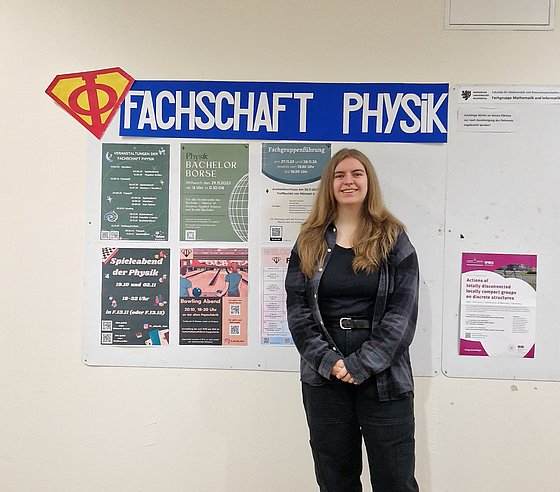
Physikerin des Monats - April 2024: Wiebke Heinz (Bild: Lena Tarrach/BUW)
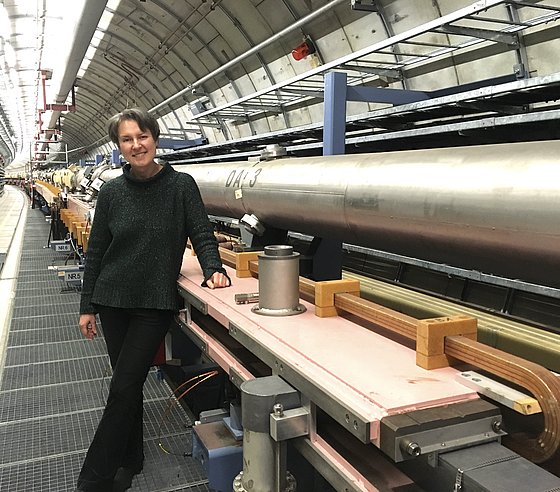
Physikerin des Monats - Mai 2024: Katerina Lipka (Bild: Ana Ventura Barroso)
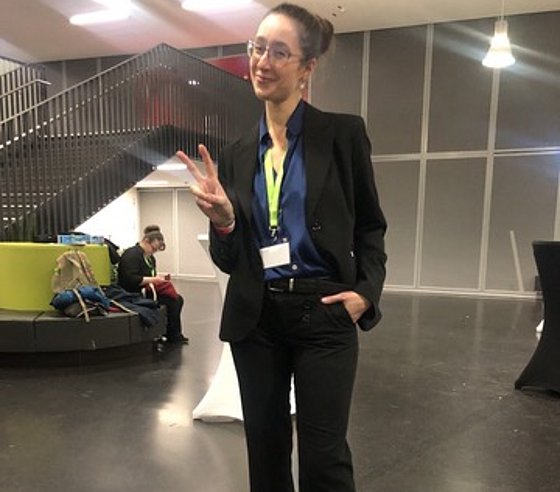
Physikerin des Monats - Juni 2024: Melike Karasu Konerding (Bild: Melanie Joan Weitz/BUW)
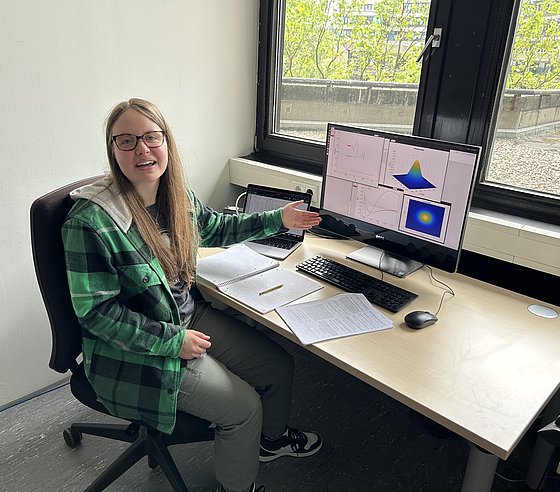
Physikerin des Monats - Juli 2024: Laura Struckmeier (Bild: Philip Rouenhoff/BUW)
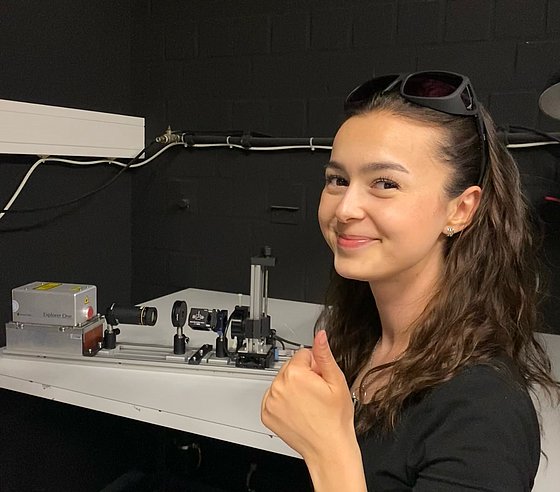
Physikerin des Monats - August 2024: Rukije Uzeiroska-Geyik (Bild: Lena Tarrach/BUW)
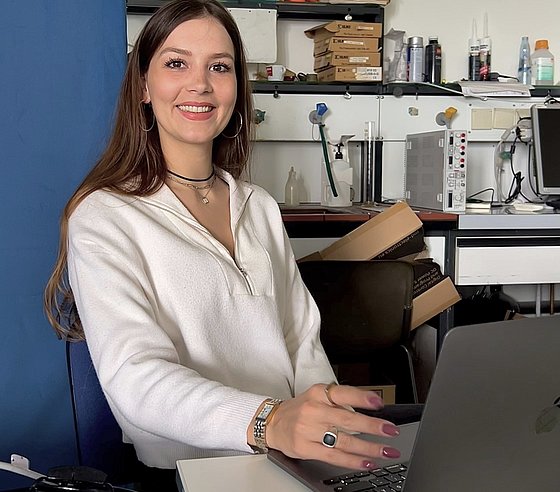
Physikerin des Monats - September 2024: Paula Lippert (Bild: Elena Lippert)
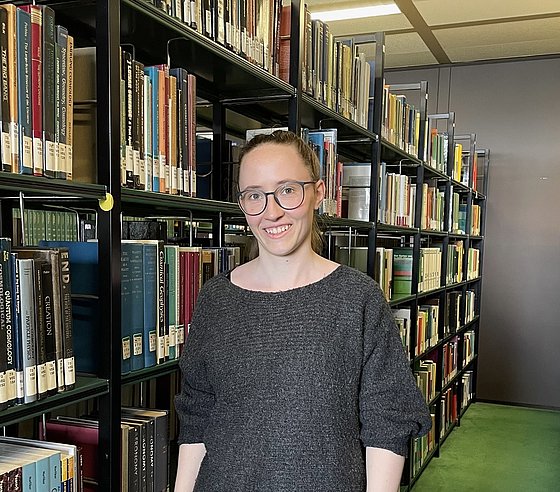
Physikerin des Monats - Oktober 2024: Colleen Seidel (Bild: Lena Tarrach/BUW)
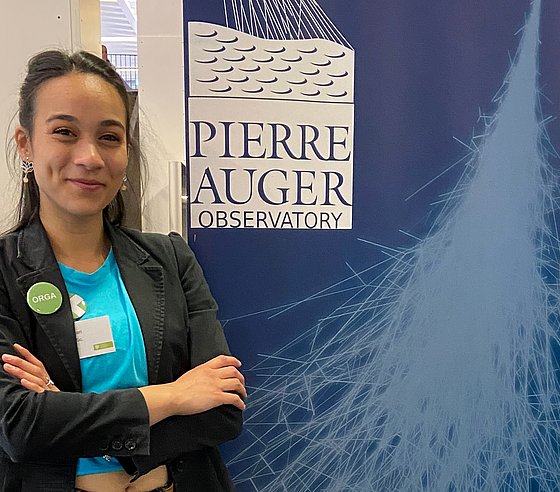
Physikerin des Monats - November 2024: Melanie Joan Weitz (Bild: Chloé Gaudu/BUW)
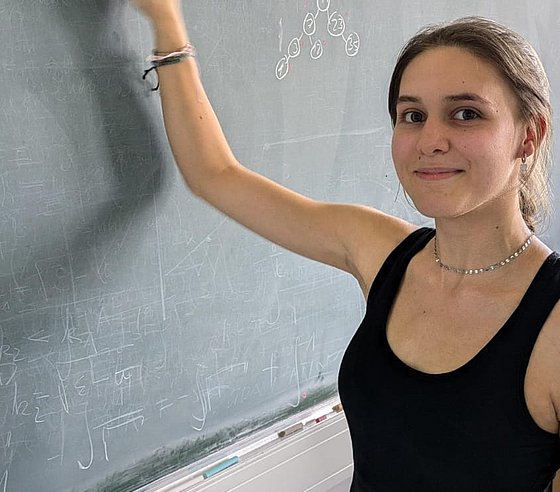
Physikerin des Monats - Dezember 2024: Marie Moosburger (Bild: Prof. Dr. Michael Karbach/BUW)
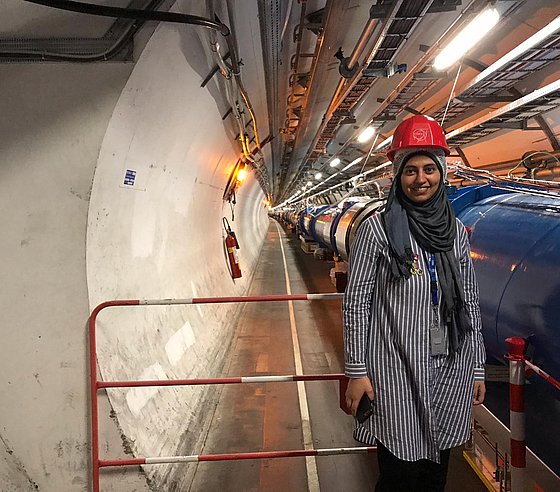
Physikerin des Monats - Januar 2025: Shayma Wahdan (Bild: privat)
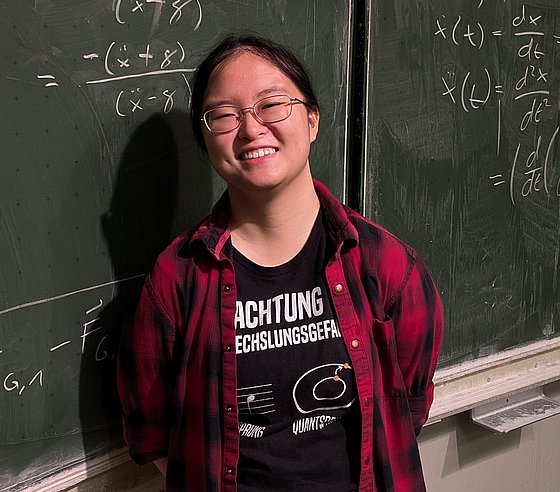
Physikerin des Monats - Februar 2025: Patricia Tan (Bild: Lukas Kretschmann/BUW)
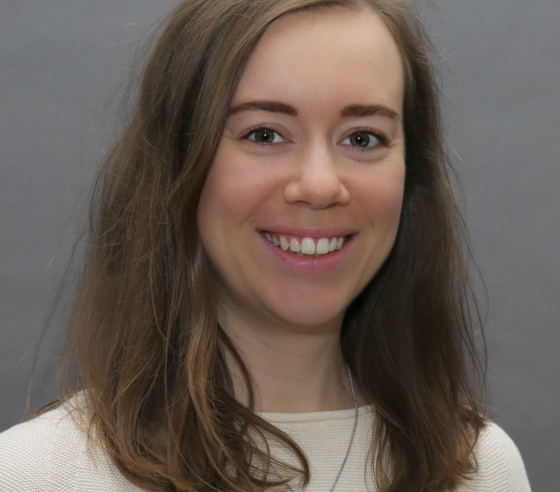
Physikerin des Monats - März 2025: Lea Debus (Bild: Marjan Abed Pour, Bearbeitung: Wolfram Debus)
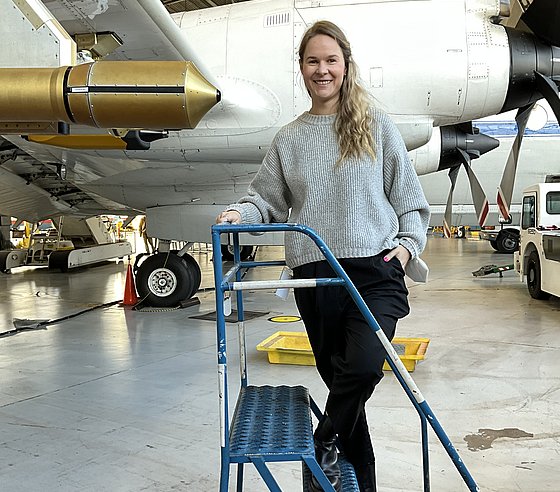
Physikerin des Monats - April 2025: Emma Järvinen (Bild: Emma Järvinen)
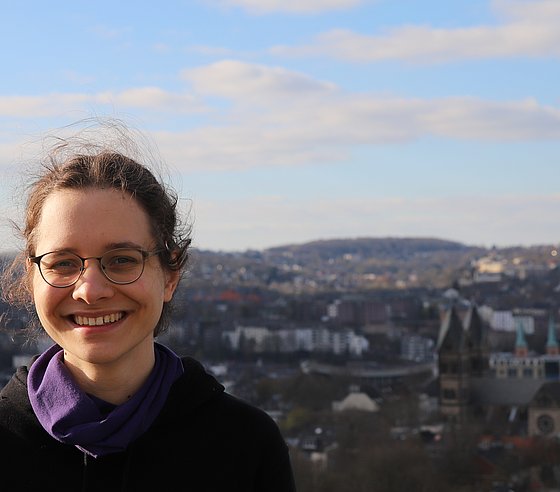
Physikerin des Monats - Mai 2025: Lea Hochkirchen (Bild: AStA BUW)
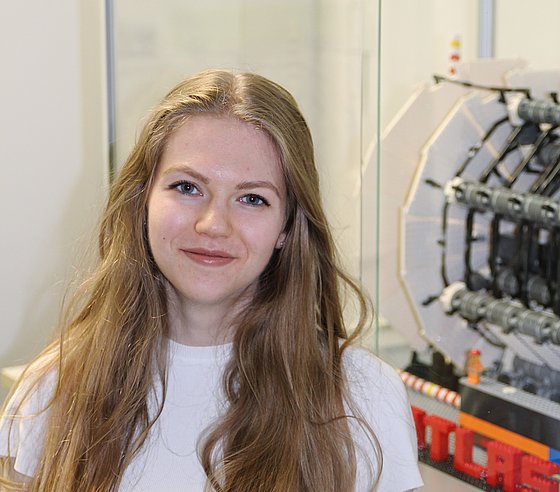
Physikerin des Monats - Juni 2025: Vivien Müller (Bild: Isabelle Müller)
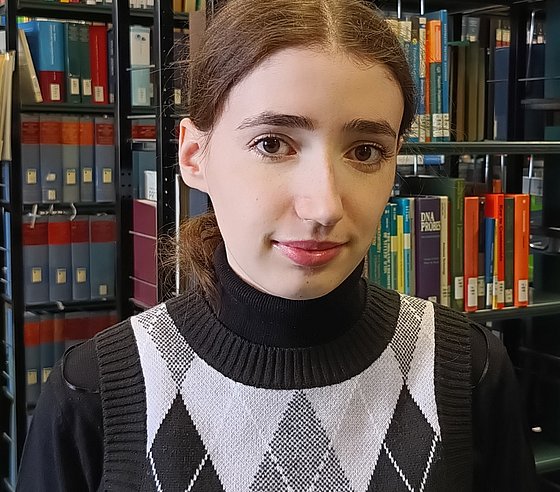
Physikerin des Monats - August 2025: Henrike Werber (Bild: Lena Tarrach)
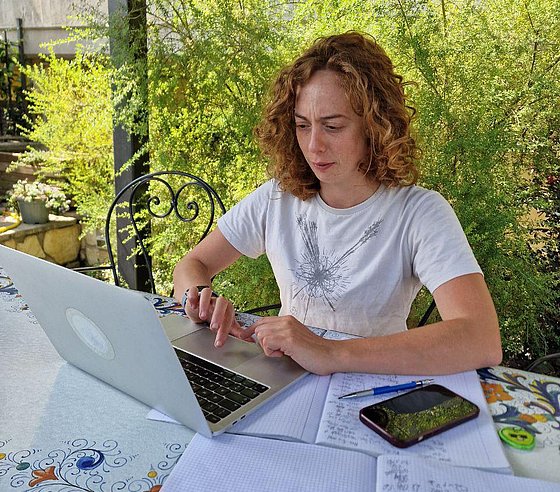
Physikerin des Monats - September 2025: Ludovica Pirelli (Bild: Leonardo Pirelli)
Die Interviews der ehemaligen ,,Physikerinnen des Monats'' gibt es unter diesem Link.
